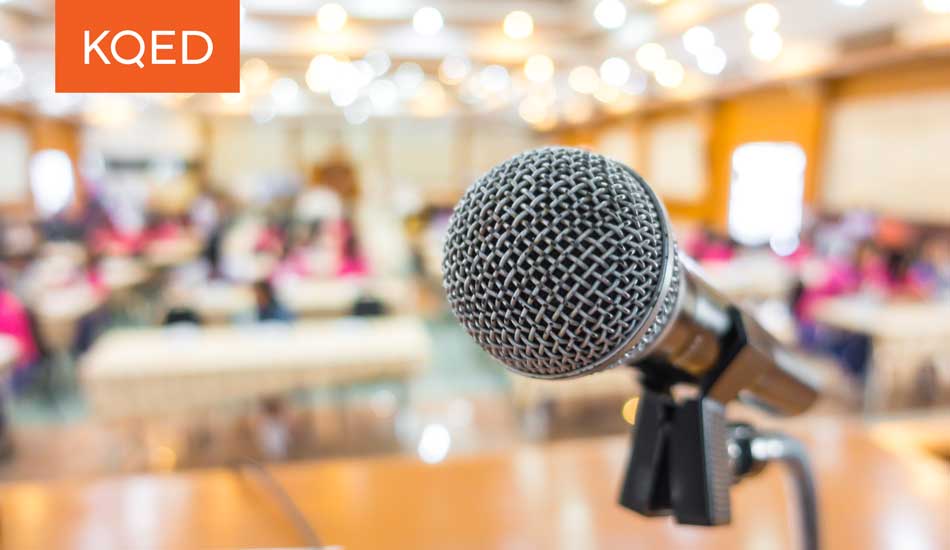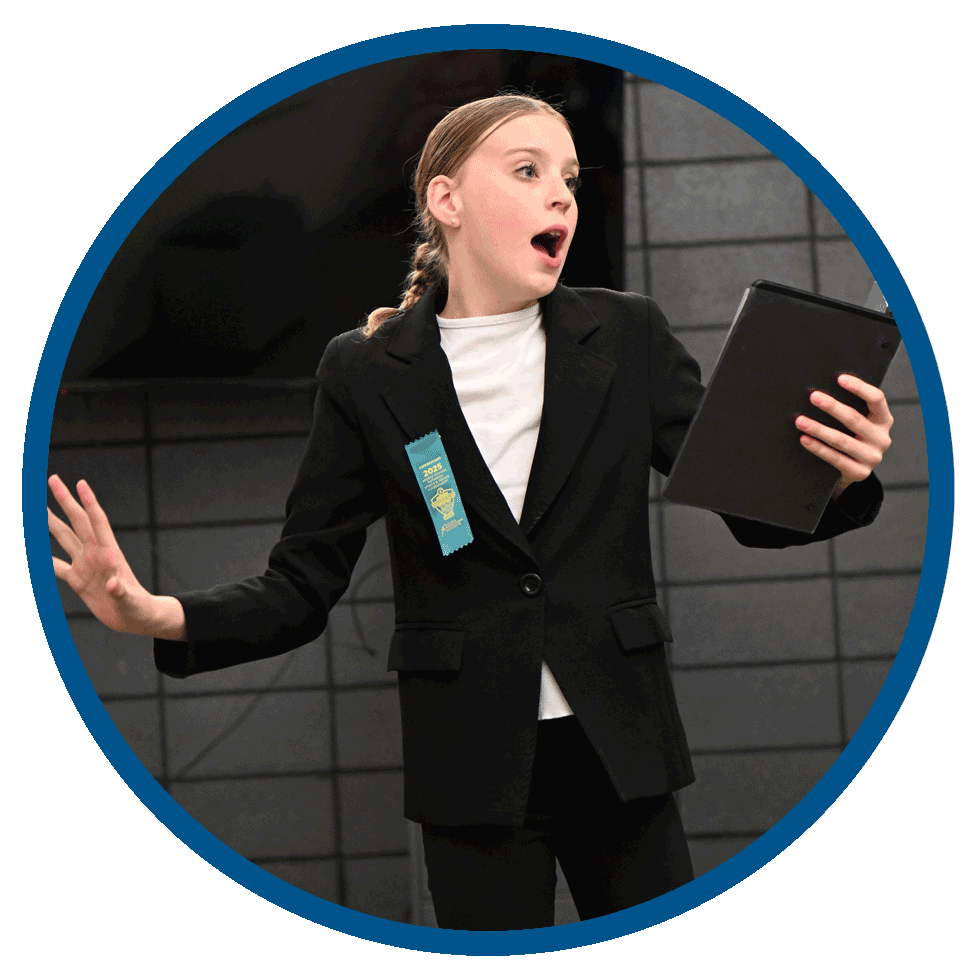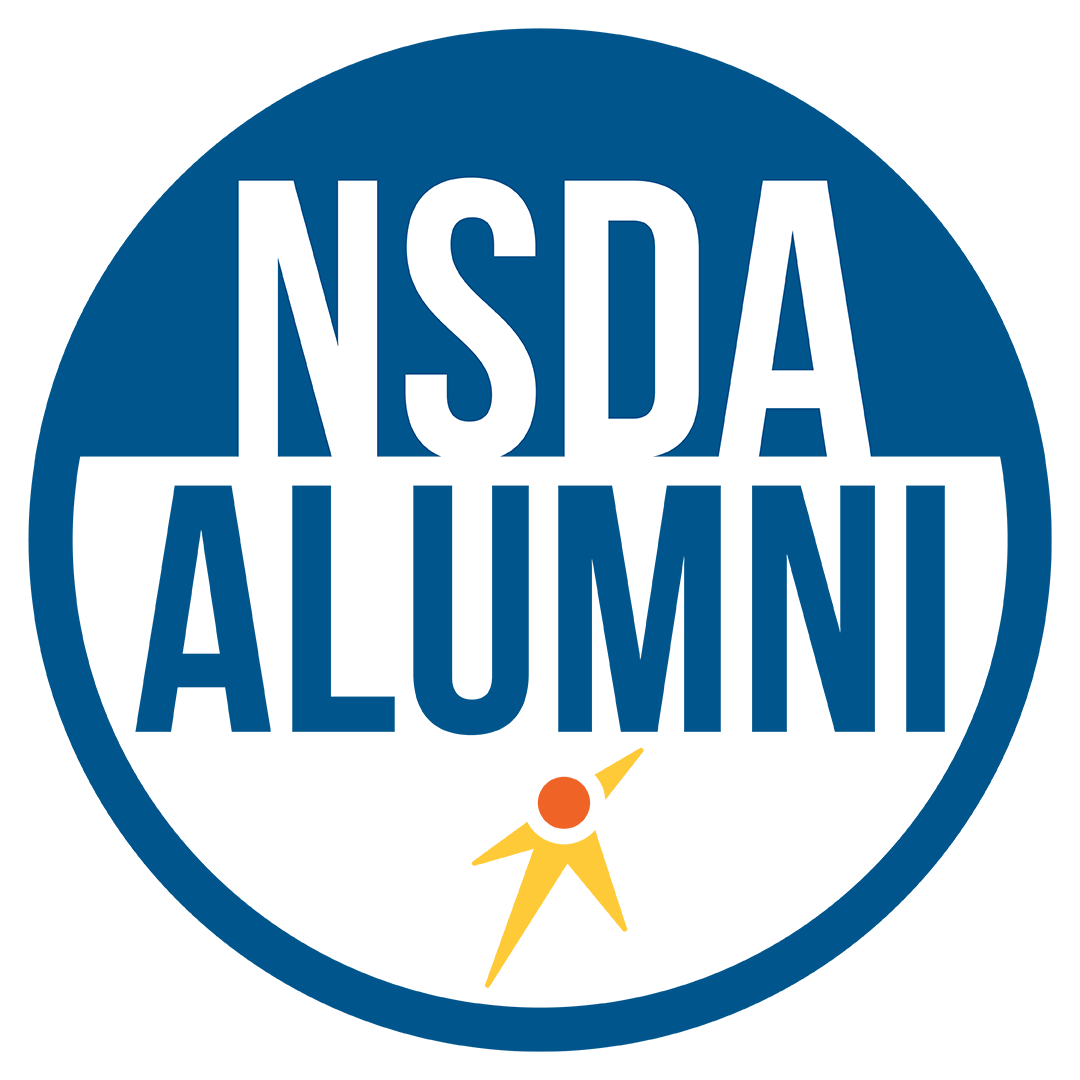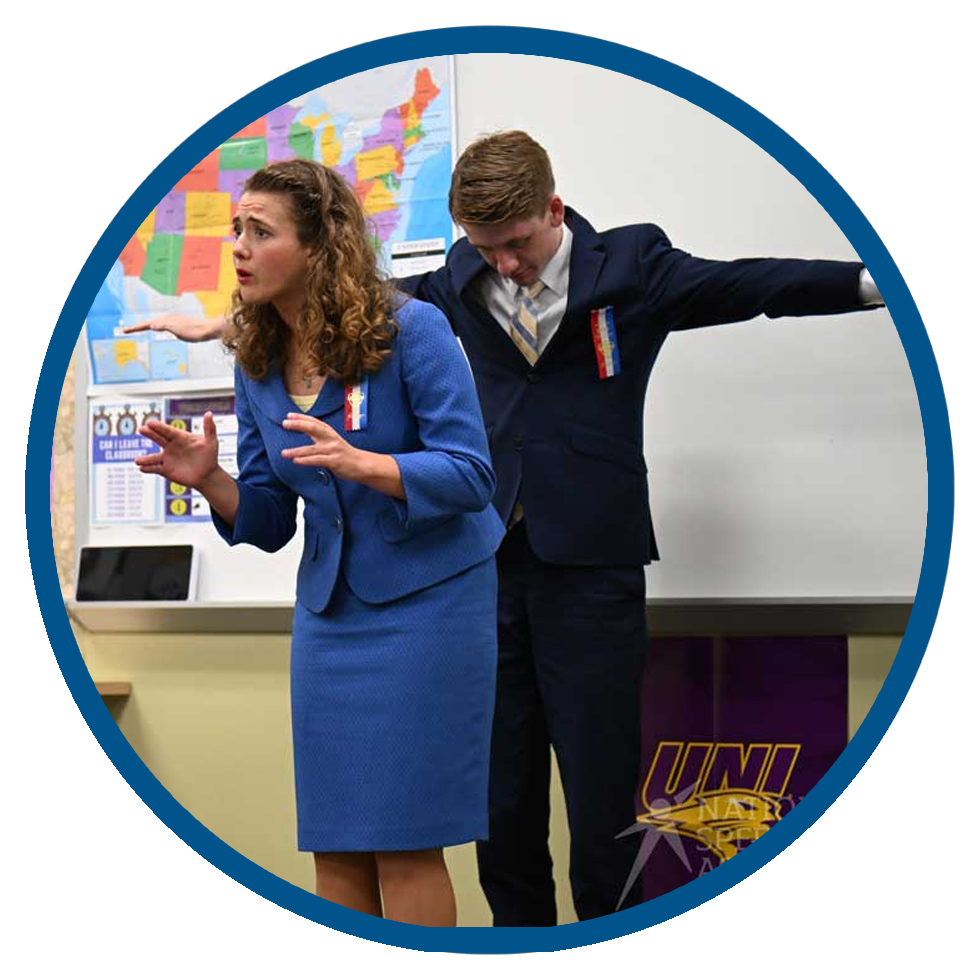In Debate Club, Teens Are Learning the Skills Adults May Have Forgotten | KQED

Published in KQED.
When Kyle, a 10th grader at Palo Alto High School, walked into his final debate of the day, he was hoping for an easy finish to a long tournament. Instead, he found himself face-to-face with an opponent known for being challenging and loud. “The entire round she was screaming at the top of her lungs,” Kyle recalled. “It really tested my ability to stay calm. There were so many times I wanted to scream back, but I didn’t.”
Kyle’s experience isn’t unique. From school board meetings to online comment sections, many people have been in situations where emotions take over and voices rise. At a time when public discourse often feels combative and chaotic, high school speech and debate helps students learn how to stay composed in these moments, to speak with intention, and to listen when tensions run high.
“Speech and debate offers this amazing gift,” said Kyle Hietala, a speech and debate coach at Palo Alto High School. “No matter what event you’re in, you’re guaranteed a set amount of time to speak. No interruptions. No shouting over you. Your voice will be heard.” Additionally, speech and debate allows students to experiment with different communication styles, source reliable information and practice public speaking.
For Kyle, the student, the experience has been transformative.
“My grandfather once called me wishy-washy, which I interpret as him saying I didn’t really mean it when I said something,” he said. But after joining speech and debate, he improved his communication skills in several ways. “I became more confident, less shy; it got easier to get my point across.”
Learning to Think Critically About Information
Speech and debate can teach students how to think critically about the information they use to build an argument, which. includes learning how to evaluate sources. Fewer young people rely on traditional news, and many Gen Z students get information from social media platforms where algorithms can reinforce existing beliefs. But that approach won’t work in a debate round. Since students are expected to back up their claims with credible sources, they quickly learn the difference between reliable information and content that won’t hold up under scrutiny. If a student cites a TikTok in a debate, their opponent will be quick to call it “not verifiable,” said Priya Garcia, a speech and debate coach at Leland High School
Removing social media as a primary source is one of several ways speech and debate can expand students’ information diets.
Connect With US

How has speech and debate changed your life?

Click here to claim your FREE alumni membership.

Learn more about the Speech and Debate Initiative.
